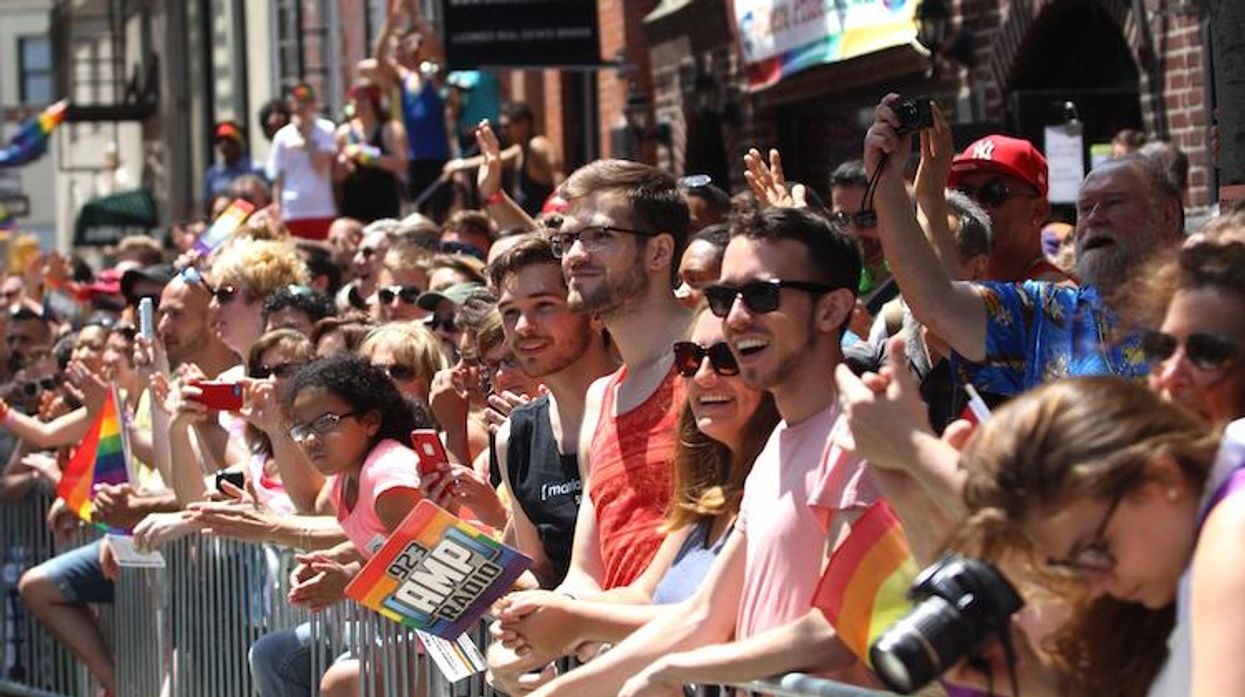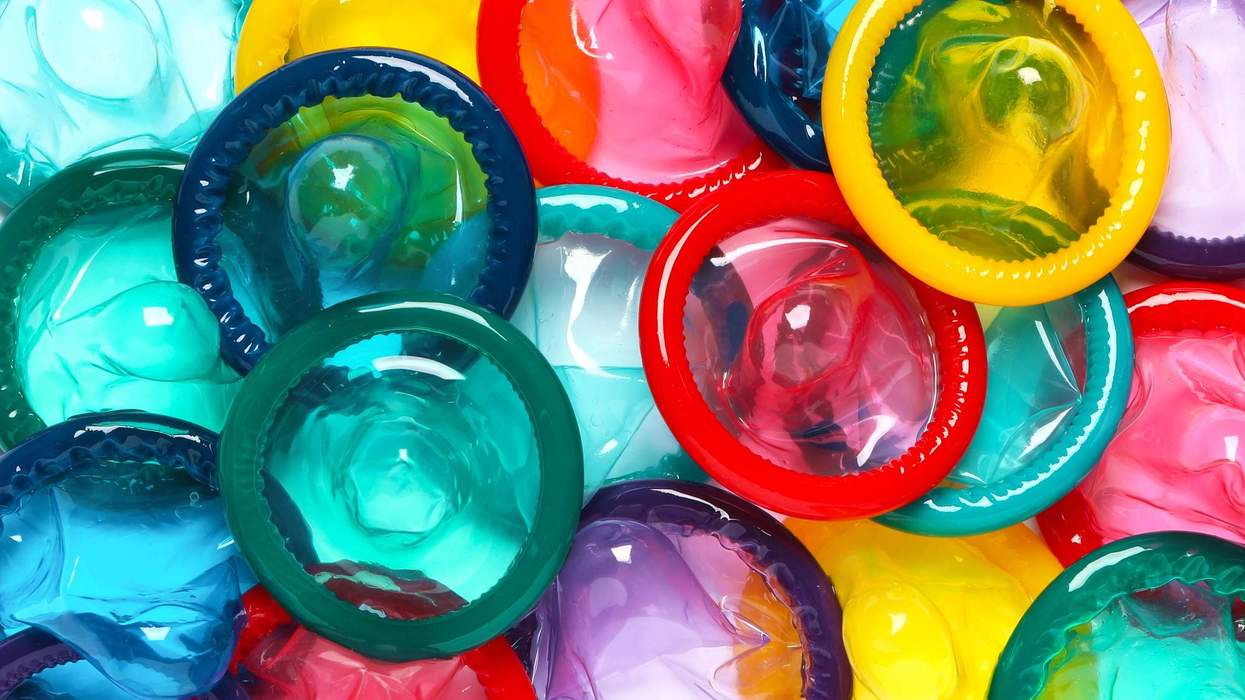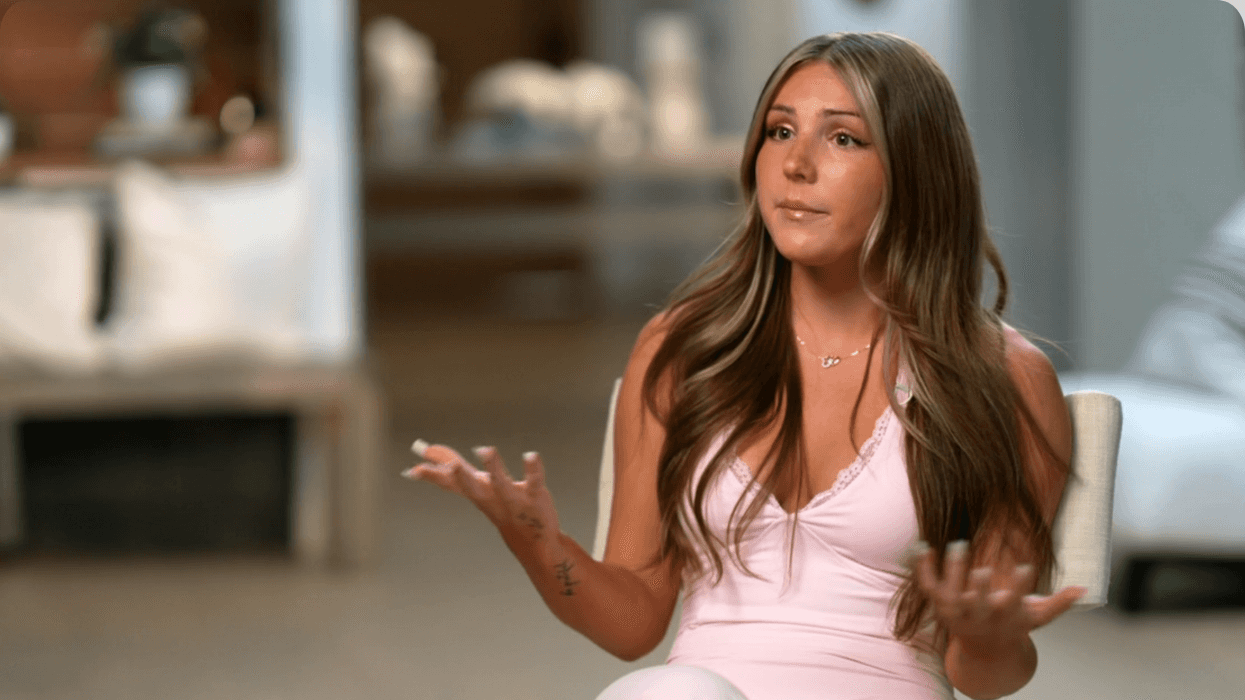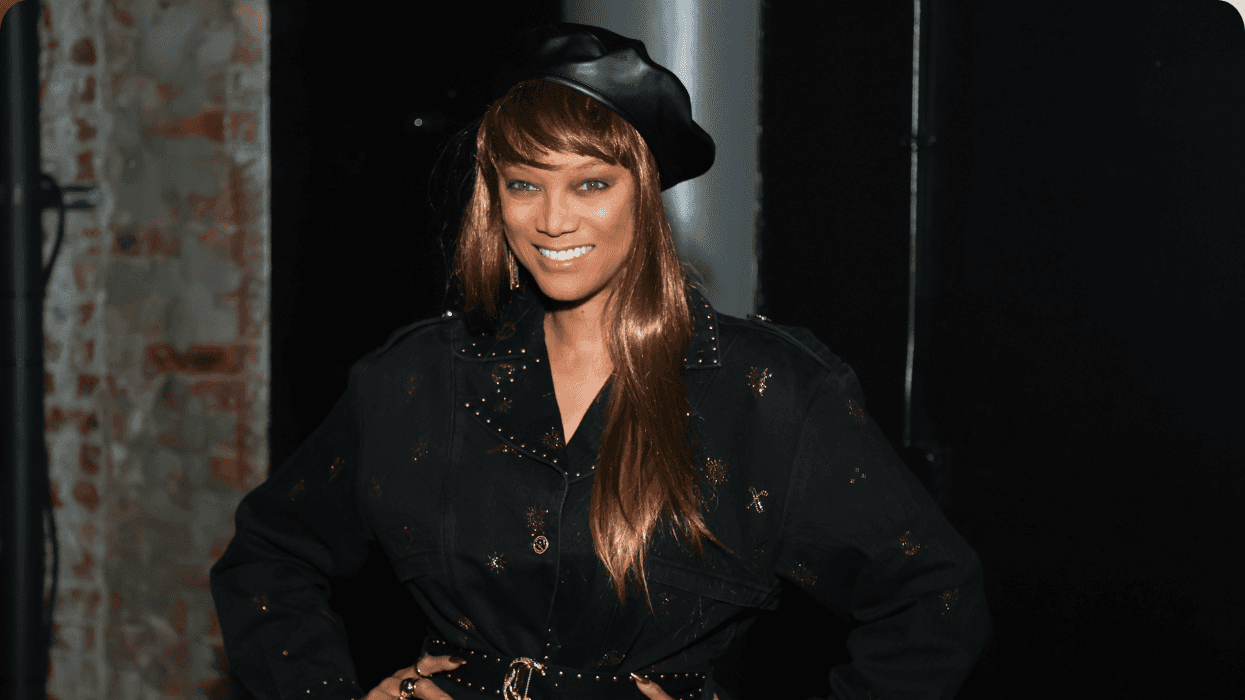The annual Pride march in New York City--which occurs on the last Sunday in June to coincide with the anniversary of the Stonewall rebellion on June 28, 1969, the beginning of the modern day gay rights movement--is usually a festive affair marking the gains made by our LGBT community towards equality. As a life-long gay New Yorker, I've marched in many of them. This coming Sunday when we march down Fifth Avenue we will be celebrating the one year anniversary of the Supreme Court's decision in Obergefell v. Hodges, which recognized a nationwide right to marriage equality, a goal achieved after many decades of effort by countless activists, organizers, and advocates.
It's been an incredible few years of sometimes breathtaking progress for the LGBT rights movement. (This Sunday is also the fifth anniversary of same-sex marriage in New York State.) We will celebrate this weekend for sure, but there will also be mourning for the victims of the Orlando attack--a profound tragedy that seems to have, at least for a moment, interrupted our march towards full equality.
Here in New York since the Orlando massacre, the overwhelming feeling coming from our vibrant and diverse LGBT community has been sadness. Many people are asking, "How could this have happened?" Just as many of us were beginning to experience the impact of the Supreme Court's equality ruling, we were all reminded that, terrorism aside, there is still anger and hatred.
Last year at this time, right after the Supreme Court ruled, we celebrated a huge legal victory, but in addition and perhaps as importantly, there was a sense that a symbolic corner had been turned. Perhaps future generations of LGBT kids would not have to endure being made fun of at school, or being called a f****t, or getting beaten up. Maybe we would no longer be told we suffer from a mental illness, nor would we have to fight legislation introduced to deny us our rights. Perhaps we would be able to hold hands or kiss in public. For many, Orlando shook us and made us question these hopes.
But our community has proven its resilience. We withstood the devastation of HIV/AIDS. We rebounded from the killings of Harvey Milk, Matthew Sheppard, and many others. We seized the anger from the loss of marriage rights in Californian in 2008, and used it as an organizing tool not only to restore equality in that state, but also bring it to the whole country.
Is Orlando a similar moment? Can the anger and sadness be re-directed into action and mobilization for greater equality? Can we effectively bring focus to gun control efforts?
Our victories have always been powered by the willingness of more and more individuals to come out. Orlando has certainly fueled that.
This Sunday at our Pride march, Orlando will be very much on our minds, but it will not completely overshadow the magnitude of the legal and political accomplishments we celebrate, and the lessons we learned. In retrospect, the political and legal strategy employed by our marriage equality movement was almost perfect--so much so that others, like gun control advocates, now try to replicate it.
The more we came out, the more real life stories there were, and the more people realized that we were just like everyone else and wanted the same thing. As more Americans saw gay rights as impacting the people they knew, it turned out that the right wing could be beaten, actually crushed, if we had enough resources and enough cleverness--which in the end we did. State-by-state marriage efforts were important and set the stage for the federal constitutional lawsuit, which accomplished our goal.
It took the efforts of generations of LGBT people. We kept at it, often in the face of defeat after defeat. Finally, when we had President Barrack Obama in our corner--yes, elections do matter--he became our most effective champion, harnessing the political and legal power and prestige of the White House and Department of Justice to help expand the Constitution to include LGBT Americans within its protections in new ways.
Related | 8 Landmark Moments for LGBT Rights During the Obama Administration
We know that there remains much left to do. Congress has yet to include LGBT Americans in basic, federal civil rights protections. Globally, while marriage is now legal in 20 countries, in at least 74 others being gay is still a crime and, in at least 10 of those gay sex is punishable by death. As we New Yorkers and others across the country and around the world celebrate this weekend, and also mourn with great sadness the loss of 49 of our own in Orlando, we will also look to the future and realize, as other civil rights movement have before, that our work continues.
If the past is any indication, from the sadness this week there will emerge a new determination.
Richard Socarides, an attorney and long-time LGBT rights activist, was White House Special Assistant to President Bill Clinton.






























